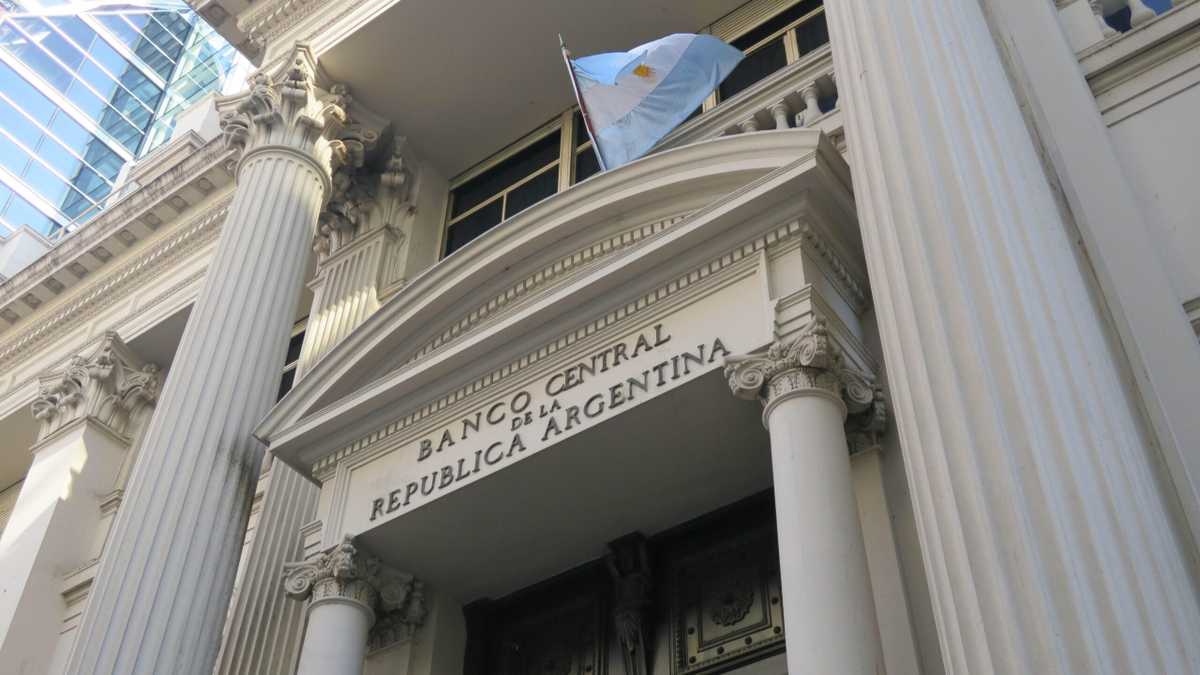National banks want changes in the financial system. The head of ADEBA requested to review the minimum cash requirement: “One of the issues that will have to be rethought in 2025 will be the legal reserve policy on deposits”said Javier Bolzico. The entity argues that the requirements are high in historical terms and that they are far above the rest of the countries in the region. They claim that they make credit more expensive and function as “a tax on financial intermediation.”
Argentina is going through changes. The sharp drop in inflation triggered new dynamics. The economy was remonetized and deposits in pesos grew. The amount of dollars that savers bring to branches also increased. With the new scenario, part of the sector asks the Government to review some of the regulations.
Sources from the financial system indicated to Ámbito that the proposal aims to “comprehensively analyze reserve requirements as part of the systemic liquidity strategy.”. In this sense, they emphasize that “reserves, the way in which they can be integrated, their interaction with Basel liquidity requirements, monetary and exchange rate policy, must be considered as a whole.”
The head of ADEBA Javier Bolzico said in his X account that one of the issues to rethink for 2025 is the legal reserve policy on deposits. He attached a report that indicates that the minimum cash requirements for demand deposits “are at their historical maximum and are the highest in the region.”
The document details that reserve requirements are 45% of total deposits. In that sense, it states that this level is three times higher than that registered in December 2015. and almost double compared to June 2018 and assures: “these values exceed the usual prudential standards, limit loanable capacity and make credit more expensive.”
For Bolzico, when the level of technical reserve is exceeded, this tool “operates like a tax on financial intermediation.” The working paper also states that Argentina’s minimum cash requirements are a record in the region. It suggests that they are double those of Brazil, triple those of Uruguay and are up to seven times higher than those of Peru, for example.
Risks and benefits
Ámbito consulted two economists who work in the sector. Both agreed that there is a greater appetite among banks to lend to the private sector, which is why reserve requirements are a point to review. But they also pointed out that precautionary measures helped Argentina have a financial system that since 2001 went through the exchange, financial and international crises without problems.
Banks believe that an adequate liquidity policy will help the recovery of credit, although they believe that it will not be decisive and they warn that over the years “distortions and patches have accumulated” which is why they consider it necessary to “converge with good international practices on the matter.”
Deregulation of dollar credit
Another point that is considered to be reviewed is the regulations that limit credits in dollars. Government sources confirmed to Ámbito that at least two national capital banks asked them to move forward with deregulation.
The request aims to make macroprudential regulations that were established after the 2001 crisis more flexible. and that force entities to direct loans towards subjects that generate foreign currency.
In this case there is no unanimity in the sector. The president of Banco Santander said that directing credit in dollars toward those who generate it is “a fundamental principle to guarantee the sustainability and confidence of the financial system.” The phrase summarizes the position of international banks.
Two senior officials from the economic team acknowledged that the proposal is “under analysis.” The Government could also be interested in increasing credit in dollars because the immediate settlement mechanism in the official market allows the Central Bank to accumulate net reserves.
Source: Ambito




